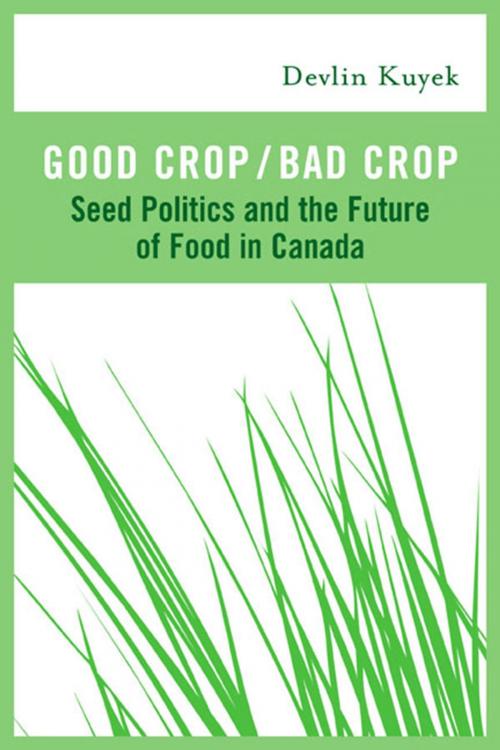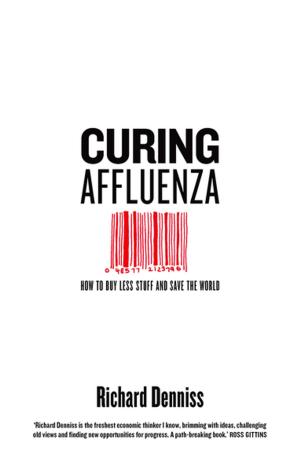Good Crop / Bad Crop
Seed Politics and the Future of Food in Canada
Nonfiction, Science & Nature, Science, Biological Sciences, Environmental Science, Nature, Environment, Environmental Conservation & Protection| Author: | Devlin Kuyek | ISBN: | 9781926662152 |
| Publisher: | Between the Lines | Publication: | November 15, 2007 |
| Imprint: | Between the Lines | Language: | English |
| Author: | Devlin Kuyek |
| ISBN: | 9781926662152 |
| Publisher: | Between the Lines |
| Publication: | November 15, 2007 |
| Imprint: | Between the Lines |
| Language: | English |
IN RECENT YEARS Canadians have become more and more concerned about the origins oftheir food and the environmental impacts of pesticides in agriculture. What is less well knownis that pesticide corporations such as Monsanto and Du Pont have bought their way into the seed industry and are taking control of what was once the exclusive domain of farmers.In Good Crop / Bad Crop, Devlin Kuyek deftly examines the economic and environmental background of the modern seed trade from a Canadian perspective. Historically seeds were viewed more as public goods than as commodities, and plant breeding objectives were widely shared by scientists, governments, and farmers. Now that approach is changing; seeds have become increasingly commodified, and plant breeding has become subject to corporate priorities. Farmers and citizens in Canada, Kuyek points out, need to heed the hard-won lessons from the developing world, where farmers greatly damaged by the much-heralded approaches of theGreen Revolution are now taking steps to reclaim control over seed supplies, food security, and their futures.
IN RECENT YEARS Canadians have become more and more concerned about the origins oftheir food and the environmental impacts of pesticides in agriculture. What is less well knownis that pesticide corporations such as Monsanto and Du Pont have bought their way into the seed industry and are taking control of what was once the exclusive domain of farmers.In Good Crop / Bad Crop, Devlin Kuyek deftly examines the economic and environmental background of the modern seed trade from a Canadian perspective. Historically seeds were viewed more as public goods than as commodities, and plant breeding objectives were widely shared by scientists, governments, and farmers. Now that approach is changing; seeds have become increasingly commodified, and plant breeding has become subject to corporate priorities. Farmers and citizens in Canada, Kuyek points out, need to heed the hard-won lessons from the developing world, where farmers greatly damaged by the much-heralded approaches of theGreen Revolution are now taking steps to reclaim control over seed supplies, food security, and their futures.















